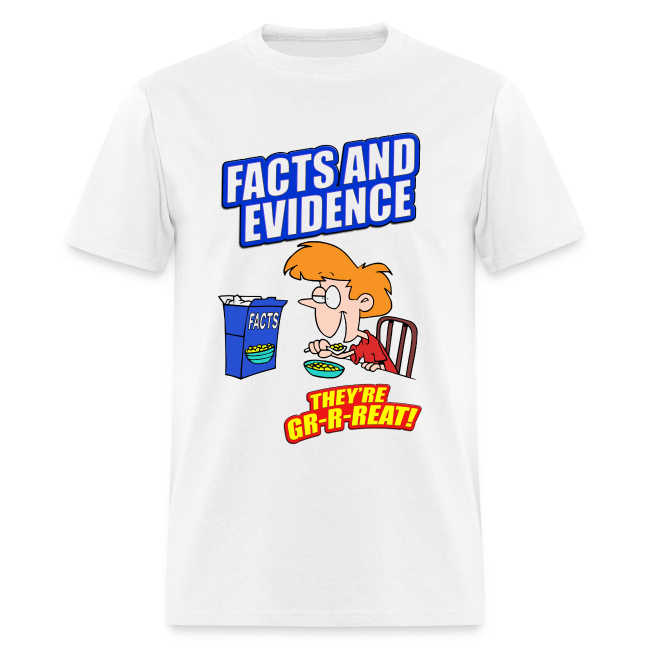Lots of websites put “UTM” codes in their URLs to help them figure out where their site traffic is coming from. (See
UTM Parameters in Wikipedia. If you're a web developer, you can find many sites offering tips on using UTM codes.)
For example, I get email updates from the
National Academies Press. If I click through on an interesting title (“The Safety and Quality of Abortion Care in the United States”), the URL that appears in my address bar is:
https://www.nap.edu/catalog/24950/the-safety-and-quality-of-abortion-care-in-the-united-states?utm_source=NASEM+News+and+Publications&utm_campaign=2ef9c95225-NAP_mail_new_2018_05_29&utm_medium=email&utm_term=0_96101de015-2ef9c95225-102549701&goal=0_96101de015-2ef9c95225-102549701&mc_cid=2ef9c95225&mc_eid=c3bd4bb049
From that, the web managers can tell that their email marketing is doing its job because I went to their website from the email alert.
But if I want to tell you about this publication, do you need to know all that? No! I can snip off everything before the ? and get to the same place:
https://www.nap.edu/catalog/24950/the-safety-and-quality-of-abortion-care-in-the-united-states
Let’s try it again. I also get email alerts from the
Brookings Institution. I click on an interesting story title (“No, Dodd-Frank was neither repealed nor gutted. Here’s what really happened.”).
The URL in the address bar is:
https://www.brookings.edu/research/no-dodd-frank-was-neither-repealed-nor-gutted-heres-what-really-happened/?utm_campaign=Brookings%20Brief&utm_source=hs_email&utm_medium=email&utm_content=63330945
The Brookings web managers can tell that I used their email. But if I want to cite this story, I just use the part before the ?:
https://www.brookings.edu/research/no-dodd-frank-was-neither-repealed-nor-gutted-heres-what-really-happened
Isn’t that better?




